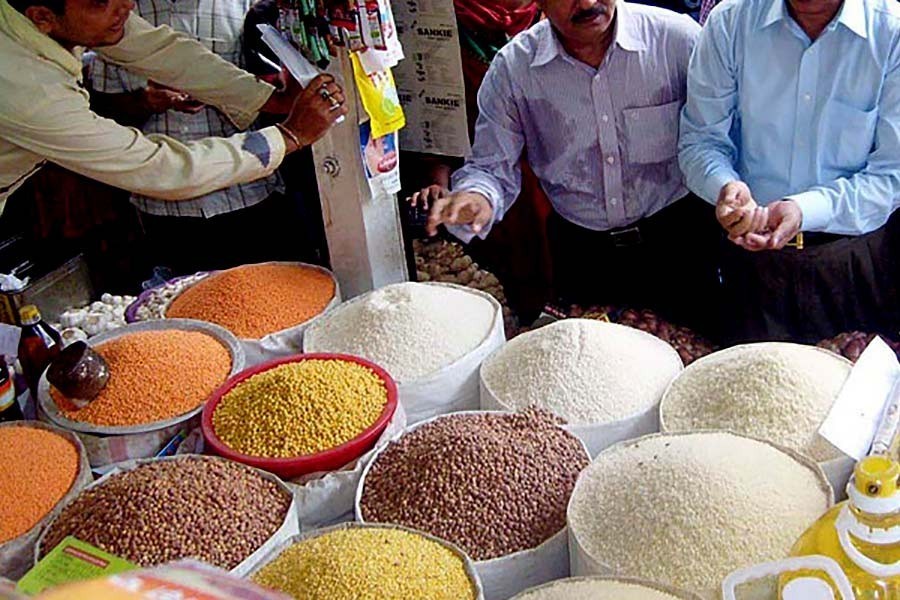The home ministry has requested the commerce ministry to take effective measures ahead of the upcoming Ramadan so as to keep the prices of essential items stable during the holy month.
To this end, it has suggested that the commerce ministry give necessary instructions to the regulator concerned to lower the margins on opening letters of credit (LCs) and cut import duty, aiming to help importers of the essential commodities.
It recommended strengthening the activities of the Trading Corporation of Bangladesh (TCB) and importing essential items with providing government subsidy and incentive, if needed, to maintain price stability in the market.
Besides, the home affairs ministry also proposed further expediting the TCB's operation at the district and upazila levels.
When contacted, a senior official of the commerce ministry said, "The market monitoring teams have been reinforced. We've asked them to be more careful about their duties throughout the year especially during Ramadan."
"We've have taken necessary moves to ensure sufficient stock of essential items to meet the demand during Ramadan," he added.
Trading Corporation of Bangladesh (TCB), a state-owned agency, will launch open market sale (OMS) of key essential items from April 01 next to keep prices within the buying capacity of the common people ahead of upcoming Eid-ul-Fitr.
TCB would sell essential commodities in different parts of the country, using over 500 trucks in Dhaka, Chattogram and other divisional cities and each district town.
Sugar, red lentil, onion, soybean oil and date will be sold through trucks, according to the TCB.
The OMS programme will continue across the country until May 06, 2021, says a press release issued by the TCB.
A market expert suggested the commerce ministry should remain alert against manipulators as well as racketeers.
It will be tough to control the prices of key kitchen goods during the upcoming fasting month if the government fails to contain the upward trend in essential items, he added.
They also suggested making necessary efforts to ensure adequate stock and import of essential goods as per the country's demand.
The holy Ramadan will start in mid-April when commodity prices usually see a significant rise.


